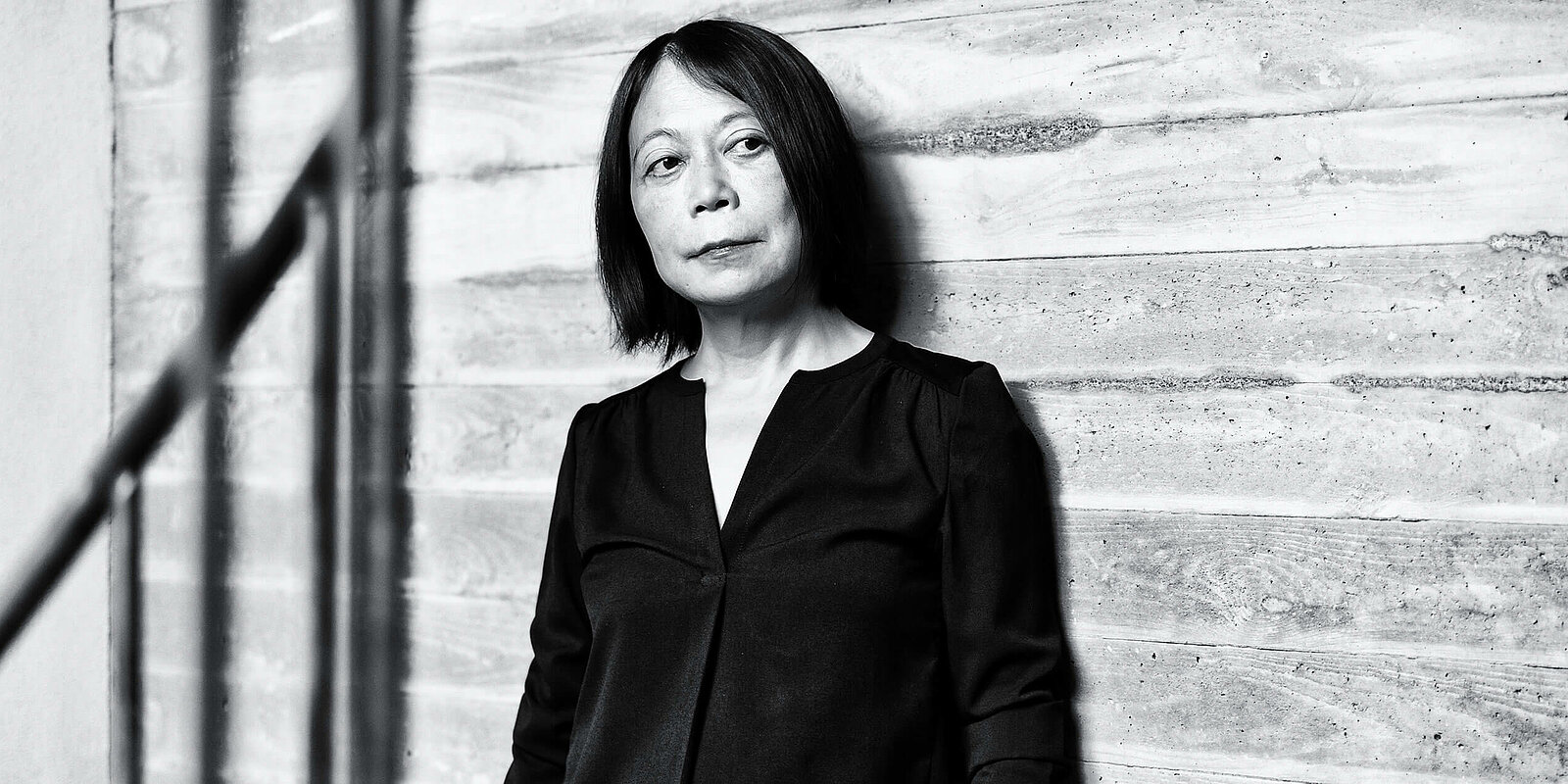Leiko Ikemura at Museum de Fundatie

Leiko Ikemura - Motion of Love
June 24 - September 24, 2023
Museum de Fundatie
Zwolle, The Netherlands
Motion of Love is Leiko Ikemura’s first institutional solo exhibition in the Netherlands and presents a body of work, which collectively reflects the artist's engagement with material, poetry and notions of space. The exhibition takes its title from the artist’s experience that in essence we are all connected. Expanding on this sentiment, Leiko Ikemura creates her own universe, inhabited by girl- and animal-like hybrid figures, concerning life and death, femininity and nature. Motion of Love brings together work from the 1980s to the present in varied materials: bronze, terracotta, glass, paintings, drawings, film and photography. The diversity of materials attests to the interdisciplinary nature of the artist’s practice, informed by her itinerant travels and belief that art is in a constant process of becoming.
Early works in the exhibition include paintings, drawings and never-before-seen chemigrams, which show the expressionist roots of Ikemura’s style; direct, powerful and clear. ‘For the chemigrams I had to paint in the darkness. It’s about the not knowing. (…) I felt a lot of freedom for the imagination at that time’ (Leiko Ikemura, catalogue Motion of Love).
The exhibition also features Ikemura’s early and recent ceramic sculptures. The hand-formed, colourfully glazed, to some extent rough clay figures, embody the directness and raw vitality of Ikemura’s early artistic attitude, reminiscent of both Japanese Haniwa figures and Western medieval carvings. Preserving physical imprints in its form, the work invokes a central tenet of Ikemura's practice, which can be experienced observing the sculptural work as well as the paintings.
A distinct stylistic change can be seen in the series of paintings Ikemura began in the 1990s and is still working on, titled Girls. These paintings are a veiled critique of the depiction of the female figure as passive and voiceless in visual art. For her Girls Ikemura started using a new palette, technique and materials. The paintings are life-size and confrontational, evoking both elation and compassion.
The artist's large-scale landscape-like paintings reflect on the season's principle of continuous change and repetition, though not literally. ‘It’s not about portraying any place. But we are part of the landscape, and we are landscape as well. Because when I’m really close to your face, I start to see mountains, and lakes. We can find landscape everywhere, and this inspires me. Also my memory inspires me, so when I start to make drawings, or make a certain movement, it can end up being a landscape. I like the rhythm of the landscape, it feels like waves. The earth undulates, always changing. It takes thousands of years, but so what? It changes. That attracts me. I don’t paint objective mountains, or lakes. What I do is my act, because we have undulating rhythms in our selves. We are all cats, and landscapes, and girls.’ (Leiko Ikemura, catalogue Motion of Love).
In addition to the exhibition at Museum de Fundatie Zwolle, bronze sculptures by Leiko Ikemura can be seen in the sculpture garden of Kasteel het Nijenhuis in Heino / Wijhe.
One is the Usagi Greeting (2023), one of Ikemura’s iconical motifs. Her hybrid creature with rabbit ears and tears, human face acts as a symbol of universal mourning, which she first created in 2011 in response to the Fukushima nuclear disaster in Japan, and the subsequent reported birth defects in animals. By questioning cycles of creation and destruction Ikemura shares through this image her concerns for the future of our planet at a time when natural habitats are increasingly threatened.
Leiko Ikemura was born in Japan and is now based in Berlin and Cologne, Germany. She has had a highly acclaimed career, spanning over five decades. Ikemura left Japan in 1972 and studied art in Seville, Spain, before moving to Switzerland in 1979, and then settling in Germany in the 1980ies. The influence of the different cultures she has lived in is apparent in her attitude both to her work and to the world.
An extensive catalogue with in-depth essays and an interview with Leiko Ikemura is published to accompany Motion of Love. A publication by Waanders and Museum de Fundatie.
![[Translate to English:] [Translate to English:]](/fileadmin/_processed_/5/3/csm_Leiko_Ikemura-Potrait-Foto_Maria_Runarsdottir_310ef9bfbc.jpg)